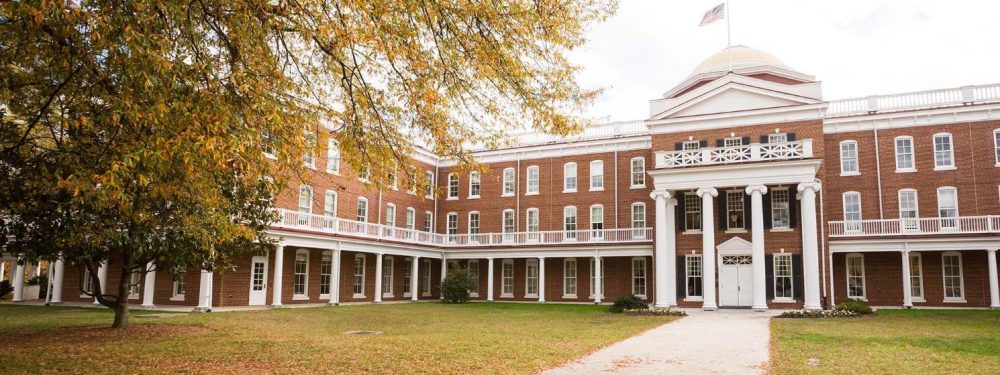Students will be able to identify and describe the major principles of biology.
The biology program at Longwood starts every student off in Integrative Biology (BIOL 120), which went over the foundational principles and skills within the field. We are given a broad overview of important concepts before going on to take more specialized courses within the three pillars offered: organismal, cell and molecular, and ecology and evolution.
I didn’t feel confident that I came to college with a solid foundation in the biological sciences, but my Integrative Biology course was extremely helpful in filling in gaps of knowledge and going over what I found to be a comprehensive list of topics. This course introduced me to theories and principles that prepared me for my future classes and helped me understand and interpret scientific literature.
At the beginning of my very first semester, I felt very uncomfortable and out of place in a laboratory setting (which would be a component part of the majority of my classes to come). Integrative Biology helped me to build my confidence as a biologist as I was able to apply what we learned in lecture to our research projects in lab. This was the first time I had designed, performed, and documented an experiment from start to finish. We were able to complete 2 different projects in the lab portion of this class, meanwhile we used our experiments to learn how to write the various parts of a scientific paper. I really enjoyed our project that looked at the effect of fertilizer treatments on Brassica rapa, or Wisconsin fast plants (BIOL 120 Project 2 Results).
The following semester, I took Introduction to Genetics and Cell Biology which I found really fascinating. Not only did we learn about some really cool topics in class, like gene therapy for example, but I loved getting to work on our research project in lab. We got to perform laboratory skills and assays, such as gel electrophoresis, colony PCR, DNA sequencing, etc. These became instrumental in conducting our research in which we isolated and analyzed yeast found on strawberries, blueberries, and raspberries (BIOL 250 Yeast Project). Having actually performed and applied these skills in lab, I also found it easier to understand scientific literature within the fields of genetics and cell biology.
I later took Introduction to Ecology and Evolution (BIOL 251) and really enjoyed learning about how living organisms interact with the environment. I remember being mind-blown after reading an article for homework that described how an area in the subarctic islands underwent drastic changes and even transformed from grassland to tundra because arctic fox predators were introduced into the environment (BIOL 251 Journal Article Reflection 4).
These courses built a really solid foundation in biology that more than prepared me for more specific classes I went on to take within the subject, as well as enabling me to connect course material outside of the field to these biological principles.
